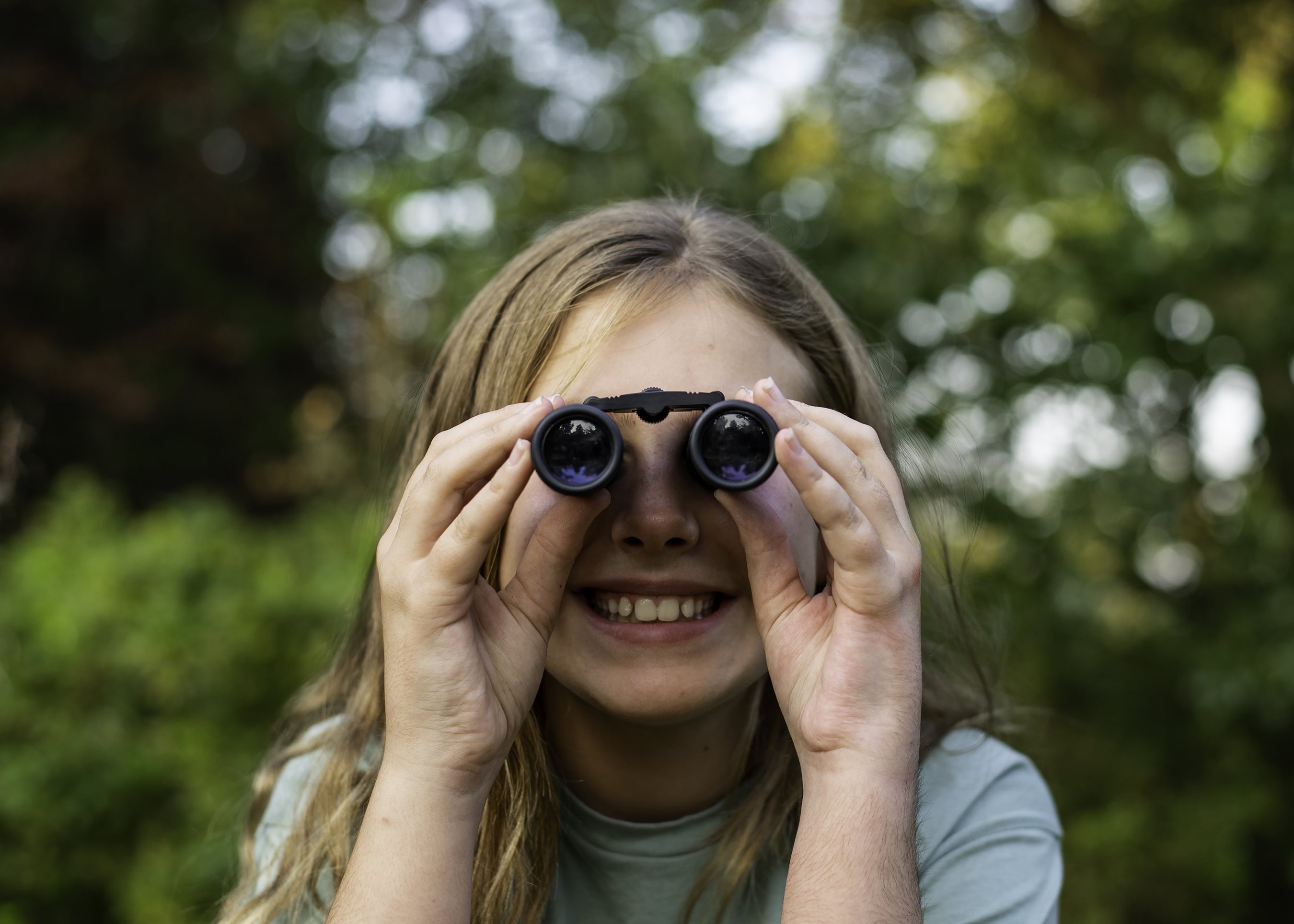There has been much more attention placed on the state of the nation’s mental health in recent years, and this has been drawn into sharp focus by the pandemic. Lockdown has fuelled drivers of poor mental health such as isolation, loss of control and anxiety about the future, and a European war certainly doesn’t help either.
During our several ‘lockdowns’, when there was little to do other than go for a local walk, many people commented that spending time with nature had helped them cope with the impact of the Covid-19 crisis on their lives. Various institutions, including Government departments, are now starting to come around to the idea that a connection to nature has, fundamentally, a positive effect on our wellbeing, particularly mental health. Many people have found that something as simple as a walk in the woods or along a sandy beach can provide surprising physical and mental benefits. Time spent outside exploring nature is a much needed antidote to the more sedentary lifestyle many of us now lead, and of course, this has been further exacerbated by extensive home working.

Evie & Tom Photogrpahy
Those of us employed in wildlife conservation have always understood the healing qualities that the natural world provides, but if pressed couldn’t necessarily explain why. Despite there being so much gloomy news concerning the environment these days, it is surprising how positive I have found ‘wildlife people’ to be. Intuitively we all seem to know that immersion in nature is good for us, but formerly it was terribly underrated and little account was made of it when considering the cost of the country’s health. Attitudes are changing and common-sense is now being backed up by several scientific studies that suggest that a connection with nature improves, even heals, both physical and mental complaints. Children exposed to the natural world will often show a better ability to learn, particularly through seeing and hearing wildlife, with children viewed as ‘lacking academic achievement’ often demonstrating increased levels of self-esteem through their knowledge of plants and animals. Climbing trees, running through meadows or paddling in streams teaches children how to take reasonable risks. Discovering and exploring nature builds creativity and, of course, provides important exercise.
In adults, we’ve seen that involvement in the natural world, particularly where physical activity leads to environmental improvements, results in better life satisfaction. It has also been shown that understanding the natural world creates greater empathy. This new knowledge has led to various eco-therapies, but of course one doesn’t need an ‘ology’ to understand that exercise, fresh air and visual stimulus helps with hypertension, respiratory problems and cardiovascular illness.

Evie and Tom Photography
Each June the Norfolk Wildlife Trust invites people to participate in the 30 Days Wild challenge. We encourage people to carry out ‘random acts of wildness’ - be it sleep under the stars, visit a nature reserve or photograph a different plant or insect each day. Last year, probably as a result of several previous lockdowns, the highest ever number of participants were recorded across all the country’s Wildlife Trusts. Consciously, or not, it appears tens of thousands of people were self-medicating with the remedy of nature, a daily prescription of flora and fauna.
In conjunction with the University of Derby the Wildlife Trusts carried out a five- year study, in part it concentrated on people that did not necessarily see themselves as being connected to nature. Prior to undertaking the 30 Days Wild challenge a survey was carried out to collect data on age, gender, health, happiness and connection to nature. In summary, those participants with the lowest connection to nature before 30 Days Wild experience, gained the greatest benefits by taking part in the challenge, and, without exception, everyone felt better as a result of their involvement.
Even more rewarding was that over 30% of those that had very little to do with nature continued to be actively involved with the wildlife conservation movement, either by supporting the Wildlife Trusts through membership or by volunteering in some form, further improving their physical and mental wellbeing. This goes to prove – what’s good for nature, is good for us!
Header image - Eleanor Church
Norfolk Wildlife Trust is inviting you to take part in the Wildlife Trusts’ annual 30 Days Wild campaign, by doing one wild thing every day throughout the month of June.
Sign up today and receive loads of great ideas for rewilding your world!